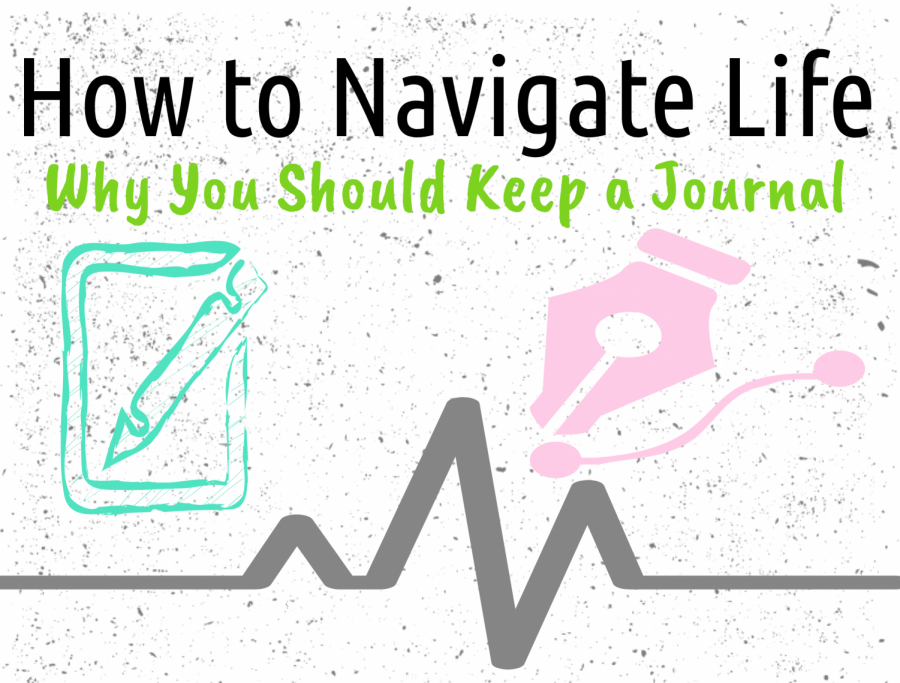Why You Should Keep a Journal
Recently, I’ve been making an effort to write in my journal–not every night, not notoriously recounting every detail, but more so reflecting on the moments that make an impact on me. Maybe I watch a sunset that draws my attention to the beauty of life and try to capture in words how the colors streak along the horizon. Maybe I retell a particular experience with someone, either positively or negatively. Maybe I pour out my deepest sorrows onto the page or wrestle with a decision or concept, trying to find an answer with pen and paper.
Either way, whatever I end up writing, I’ve learned to value the opportunity to confide in my journal and keep a written record of who I am. I don’t know what I’d do without it. So, for your benefit, below I touch on three reasons why journaling is a worthwhile endeavor for anyone, anywhere.
First, journaling is an opportunity to express your thoughts and feelings, unguarded. By channeling otherwise disorganized, disruptive emotions into tangible words, you learn to effectively manage and bridle them without repressing them. And writing allows you to sort out your thoughts about a certain subject so that you may draw a conclusion, come to a deeper understanding, or approach a problem with clarity. It’s a brain dump, a means of organizing the library in your head.
Second, journaling teaches you how to effectively tell a story by living presently. I’ve learned how to notice the smaller moments that possess beauty–as long as I look intentionally. The way the sharp light glistens off of the waves or how the soft golden glow pools through the windows at sunset; the hollow bustle of a train station; the rhythm of someone’s steps down the street; that each person I pass in the hallway or at the park has a story. It forces you to slow down and open your eyes. And until you do, you don’t realize how much life you’ve lost trying to rush through the present and toward the future.
Third, journaling may reveal to you a lot about yourself. When you give yourself permission to pour out your thoughts, slow down, and look at what’s in front of you, that which you value, desire, and notice will come to the surface. You’ll start to notice common themes, subjects you frequently circle back to, feelings that you spend time wading in, experiences you seek time and time again.
Because journaling is an act of turning yourself inside out. It is an outlet, a form of self-expression, an account of who you are and what it means to be human. Someday, your journal may be the only remnant of the life that you lived. The words you string together, the crossed out misspellings and notes in the margins and scribbled sentences–they all tell the story of your existence. Your voice bleeds through the pages.
I need my journal now, but someone else may need it later.

